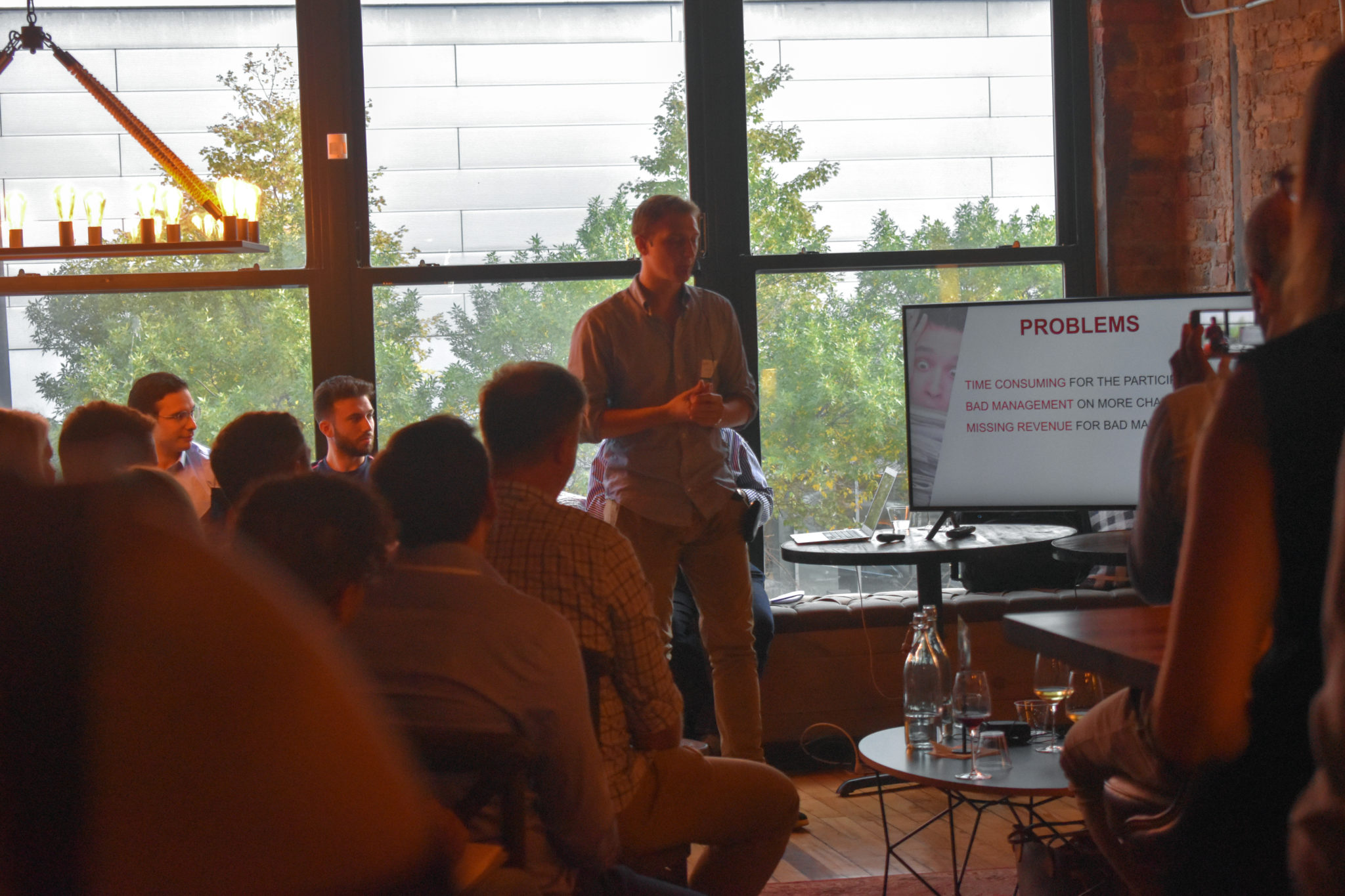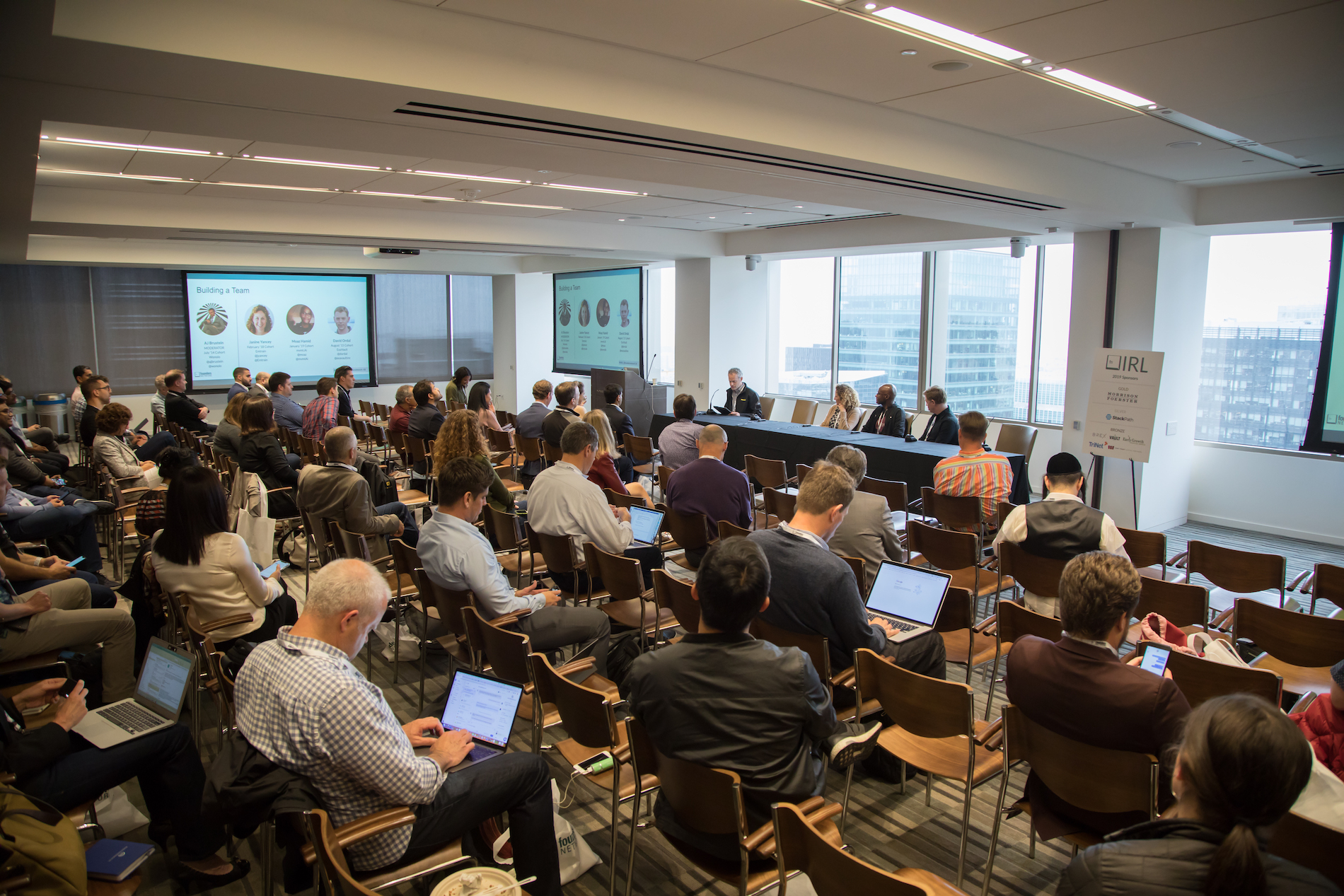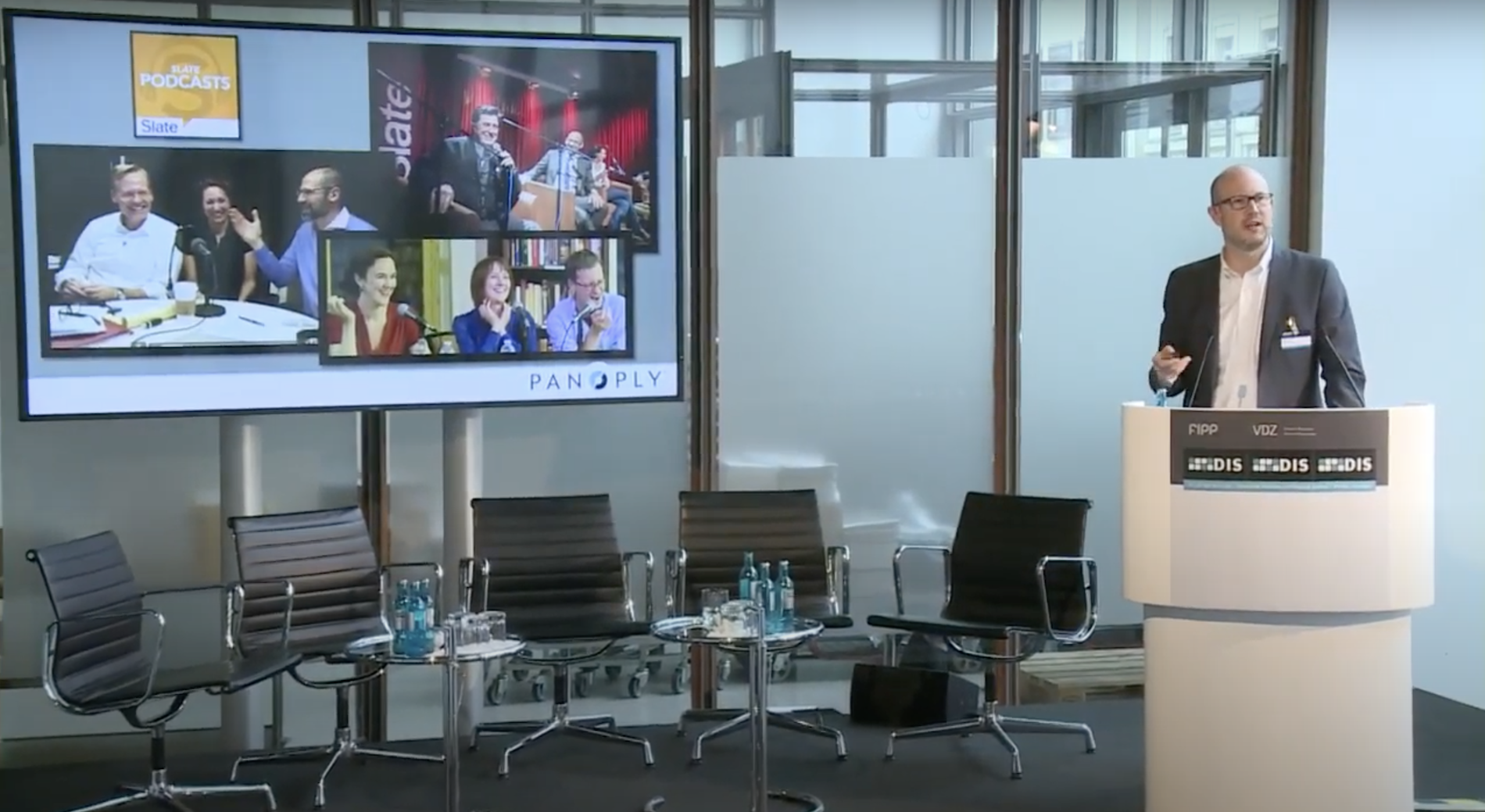
Founder, product designer and CRO consultant John Corcoran has spent 15 years working on, then leading product teams, conducting market and user research.
Among his accomplishments, as head of product design for a luxury bed and bath retailer, he increased sales by 400% in six months. In a similar role for a company that designs websites for addiction treatment service providers, in just two weeks, the company saw a 24% lift in revenue on one of their major sites and a 49% lift on another. These changes contributed to a $60M acquisition of the company soon after.
How did he get these results so quickly? Neither company had made concentrated efforts conducting in-person user-experience reviews and informed A/B digital testing before John came along.
“You can change buttons and colors, but then you’re just messing around,” John explained. “If you do user interviews, you get to actually know what’s happening in the real world with people and inside their minds. And then when you take action on that, you can have AB tests where you see a 50% increase in sales or 20%, 40%, 70% … you can get into real needle mover changes.”
So all this makes sense for mature companies with existing products to run user interviews and A/B tests on, but what about early stage startups still working on developing a product?
Many founders go wrong by waiting too long to start the user testing process which can result in a lot of costly assumptions about what your audience is looking for and where your solution fits in the market.
“Everyone's chasing product market fit, and that's something that's very hard, even for seasoned founders and investors.” - @johnccorcoran Share on X“You can put paper sketches in front of your audience and get authentic feedback,” he said.
“Everyone’s chasing product market fit, and that’s something that’s very hard, even for seasoned founders and investors. They’ll pour millions into things that do not turn into the big, amazing companies they were hoping for. User research helps you get into sync with reality. It’s critical.”
At a Founders Network workshop, John Corcoran will walk founders through how to use user testing to unlock untapped potential in your product and verify your assumptions about the product/market fit.
Register at Founders Network for an invite, or find out if you qualify for full membership. At the event, John will guide founders through how to structure a user test, cost-effective ways to recruit unbiased, relevant users, how to take better notes, and more.
Here’s a preview of the kinds of insights you’ll learn:
- Ask people that aren’t biased. “If you’re asking friends and family for feedback, they just want to encourage you. So they might pump you up with things that are not as constructive.”
- Use sites like usertesting.com to find unbiased third parties.
- Note taking apps are great, but can be too time consuming when you’re sitting with a user. “Scribbling notes on a piece of paper is way quicker, and you can also scribble down a rough design when something is confusing and when the user experience makes sense.”
- It takes practice. Folks new to conducting user research tend to get stuck on small details. You need to learn what to look for.
- Even if you hire someone to conduct user testing for you, founders need to be involved. “It’s fine to hire somebody, but you want to have that time to sit there and see firsthand what [users] are going through and how far your products are from actually clicking with our customers.”
Beyond assessing product/market fit, early user testing will help you make better use of your capital.
“It’s super powerful, even if you’re fundraising, to spend a couple months to really perfect these wire frames or a simple prototype that might not even be a working app yet. If they do the user research, they will avoid expensive surprises later on. And for the bootstrapping entrepreneur, it’s super critical. Your startup will fail unless you do it.”
John is currently working on his own startup: Cinemeet, a dating and networking app that helps film lovers connect with others that share their tastes and watch movies together.
“If they do the user research, they will avoid expensive surprises later on. And for the bootstrapping entrepreneur, it's super critical. Your startup will fail unless you do it.” - @johnccorcoran Share on XHe made the mistake early on of taking the advice of someone who didn’t know his audience well and implemented a flawed business model as a result. “A better use of my time would have been to do more user research and focus more on the feedback that we got from the market,” he said.
That’s what he’s doing now. And while he’s finetuning his product, he continues to work full-time on a product team for another company. This is a tactic he recommends for other founders interested in bootstrapping.
“It’s been really helpful for me working in product roles and doing user research for other companies. I’ve been able to make good money doing that as I’ve been building my own products. It took me a long time to figure that out.”






